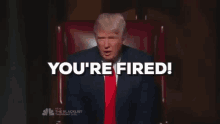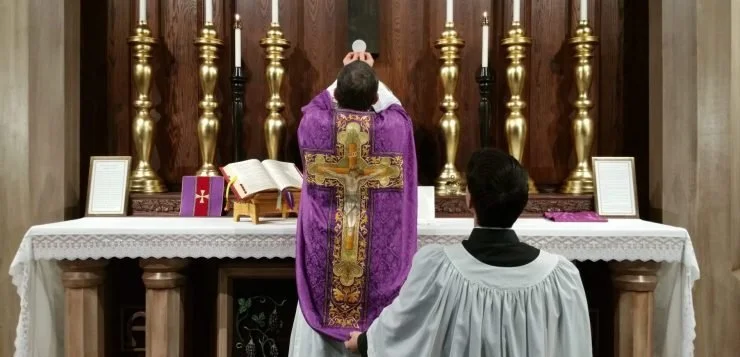If you look up the cliche “Is the Pope Catholic?” online, you will find several ways of stating the obvious.
As for me, I like this offering from the Cambridge Advanced Learner's Dictionary & Thesaurus: This is a response “used to say that the answer to a question you have just been asked is obviously ’yes’.”
At this point, it is safe to say that Pope Francis wants the U.S. Conference of Catholic Bishops (these men in particular) to know that the answer is “yes.” He also wants them to know that — when it comes to worship and doctrine — he believes that he, and he alone, gets to decide the meaning of the word “Catholic.”
Oh, and Pope Francis gets to decide the “Catholic” status of German bishops who are marching forward on blessing same-sex relationships. Ditto for progressive Bishop Robert W. McElroy of (tiny) San Diego, who is now a cardinal, and conservative Archbishop Jose Gomez of (massive) Los Angeles, who is not. Pope Francis gets to judge the “Catholic” status of President Joe Biden and Jesuit social-media maven Father James Martin (watch for new photo opportunities).
In other words, the Donald Trumpian “You’re fired!” message that Pope Francis sent to Bishop Joseph Strickland of Tyler isn’t about one loud Texan. What matters in Catholic life, right now, is who gets promoted (in various ways) and who gets punished. Actions matter more than mere words.
If religion-news consumers want to know what happened in the Strickland case, they can turn to the Vatican to know what progressive Catholics are saying and to the Catholic press to learn what conservative Catholics are saying (and what candid progressives are saying in response).
That’s true, but it appears seems a few reporters are learning how to handle both halves of that equation. I say that in praise of the solid Associated Press story — “Pope Francis removes a leading US conservative critic as bishop of Tyler, Texas“ — that is running in newspapers far and wide. Let’s walk through a some key passages:
ROME (AP) — Pope Francis on Saturday ordered the removal of the bishop of Tyler, Texas, a conservative prelate active on social media who has been a fierce critic of the pontiff and has come to symbolize the polarization within the U.S. Catholic hierarchy.
Bingo. The U.S. Catholic bishops — who gather today in Baltimore — go in the lede.










